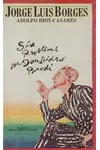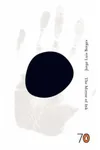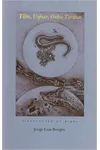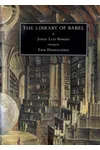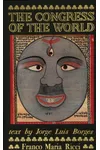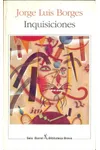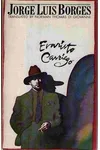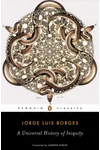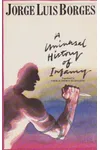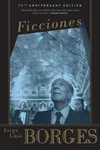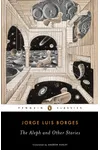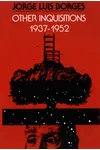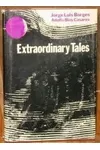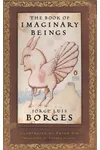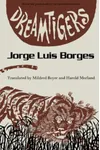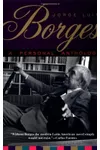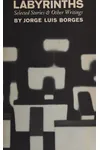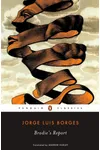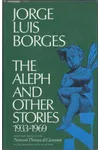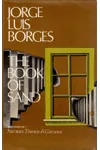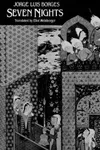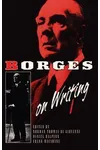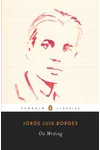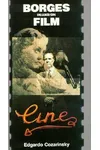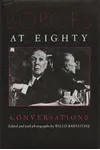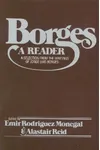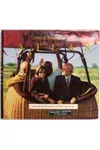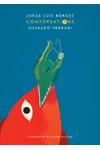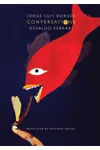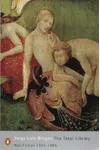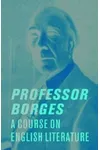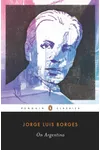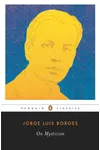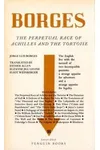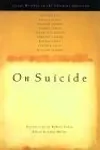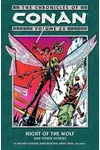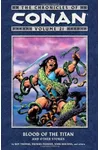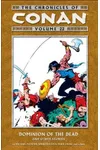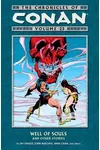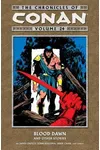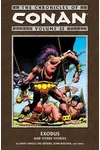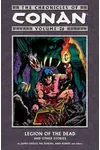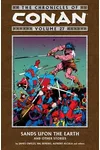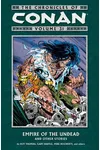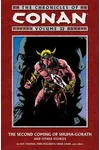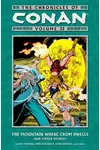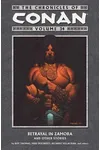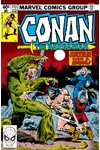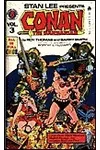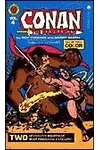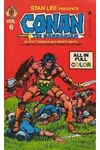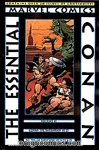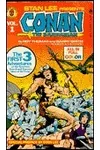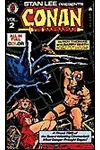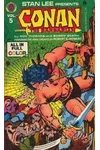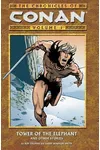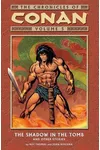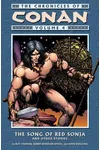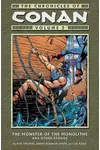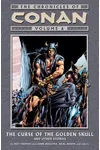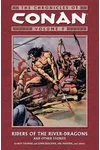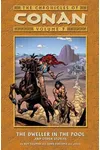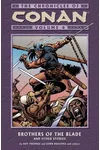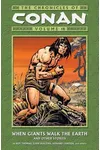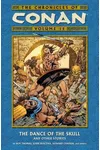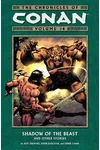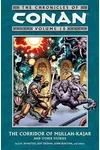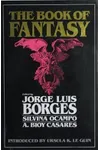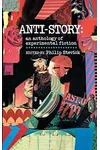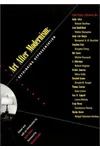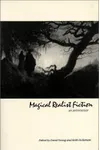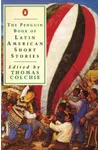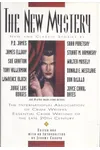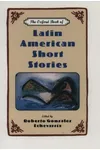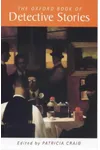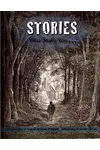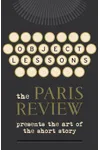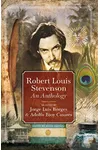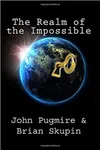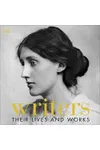Picture an Argentine storyteller weaving labyrinths of thought, where reality and dreams blur—meet Jorge Luis Borges! Born in 1899 in Buenos Aires, Borges redefined literature with his mind-bending short stories and essays. His works, like Ficciones and The Aleph, explore time, infinity, and identity, captivating readers with their philosophical depth and playful puzzles.
Despite losing his sight progressively, Borges’s imagination only grew sharper, crafting tales that feel like stepping into a cosmic riddle. Ready to unravel his story? Let’s dive into the life and legacy of this literary genius!
The Making of Jorge Luis Borges
Borges grew up in a book-filled home in Buenos Aires, surrounded by his father’s vast library and a bilingual education in English and Spanish. This eclectic upbringing sparked his love for literature, from Cervantes to Kafka. After moving to Europe during his teens, he soaked up modernist ideas in Spain and Switzerland, shaping his experimental style. Back in Argentina, Borges began writing poetry and essays, but his 1930s short stories marked his rise as a literary innovator.
Jorge Borges’s Unforgettable Stories
Borges’s stories are like intellectual treasure hunts, blending philosophy, fantasy, and mystery. His 1944 collection Ficciones is a masterpiece, featuring tales like ‘Tlön, Uqbar, Orbis Tertius,’ where a fictional world reshapes reality, and ‘The Library of Babel,’ imagining an infinite library of all possible books. The Aleph (1949) dazzles with its titular story, where a single point contains the entire universe.
His style is concise yet profound, often mimicking scholarly essays or detective tales to explore big ideas. Borges loved playing with paradoxes—think mirrors reflecting mirrors or stories within stories. His themes of fate, memory, and the nature of existence resonate universally, making his work timeless. Unlike sprawling novels, his compact stories pack a punch, inviting readers to ponder long after the last page.
Why Jorge Luis Borges Matters
Borges’s influence stretches far beyond Argentina, inspiring writers like Umberto Eco and Salman Rushdie. His fusion of highbrow philosophy with accessible storytelling reshaped modern literature, paving the way for magical realism and postmodernism. By tackling universal questions—What is reality? Who are we?—he connects with readers across cultures. His courage to write despite blindness also underscores his resilience, making him a literary icon.
Today, Borges’s ideas echo in films, games, and even AI, where virtual worlds mirror his imagined realities. His work remains a gateway to exploring the human mind’s endless possibilities.
About Jorge Luis Borges
- Born: August 24, 1899, Buenos Aires, Argentina
- Key Works: Ficciones (1944), The Aleph (1949), Labyrinths (1962)
- Notable Trait: Mastered short stories blending philosophy and fantasy
- Awards: International Publishers’ Prize (1961), Jerusalem Prize (1971)
Snag Ficciones and dive into Borges’s mesmerizing world of ideas! His stories are short but will leave your mind spinning with wonder.
